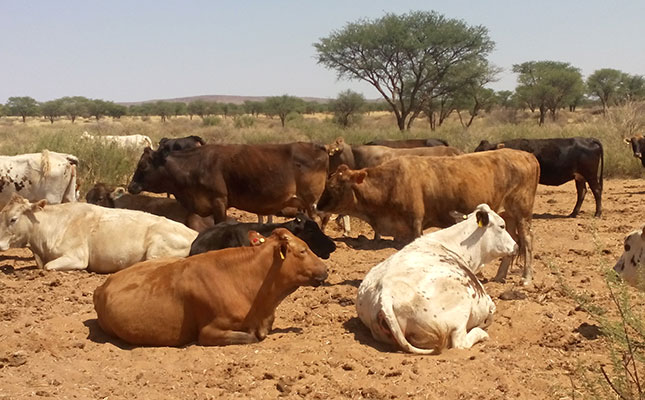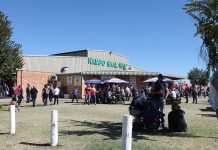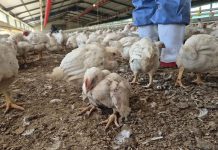
South African livestock producers who are unwilling to implement sustainable and thorough biosecurity measures on their farms are irresponsible, according to James Faber, chairperson of the Red Meat Producers’ Organisation.
Following the recent outbreak of foot-and-mouth disease (FMD) in North West and other localities, he said the disease could force the local red meat production industry to its knees if left unchecked, causing financial disaster for the entire value chain in South Africa.
“We cannot afford role players who are careless and slipshod about biosecurity anymore.
Biosecurity and disease management depend on every single producer in the country.
“Buyers who are guilty of unlawfully buying, moving and selling cloven-hoofed animals out of FMD protection zones must be reported and met by the full might of the law.
“The same goes for other role players in the red meat industry, including auction houses,” he told Farmer’s Weekly.
Meanwhile, Naudé Pienaar, Agri North West assistant manager, said the organisation welcomed the establishment of a joint operation commission to deal with the recent FMD outbreak in the province, but he called on the authorities to act with far more urgency.
The World Organisation for Animal Health officially confirmed an FMD outbreak on two farms between Potchefstroom and Ventersdorp in North West in the fourth week of March.
Pienaar said: “Days after the outbreak was reported, we were still waiting for roadblocks to be erected in order to monitor and control movement in and out of the area.
“The decision-making processes need to be accelerated significantly to ensure that the disease doesn’t spread further. Control measures must be implemented much more quickly. We simply can’t afford to wait days on end for it to happen.”
According to Willem van Jaarsveld, chairperson of the South African Foot-and-Mouth Disease Forum, it was imperative that prospective buyers were absolutely sure about the identity of the seller of an animal, where the animal came from, and what the health status of the animal was.
He said that upon animals’ arrival on a farm, the livestock needed to be kept in quarantine for at least 28 days and monitored with the assistance of a veterinarian.
Van Jaarsveld added that this measure applied not only to containing FMD, but also a host of other diseases, including brucellosis.










